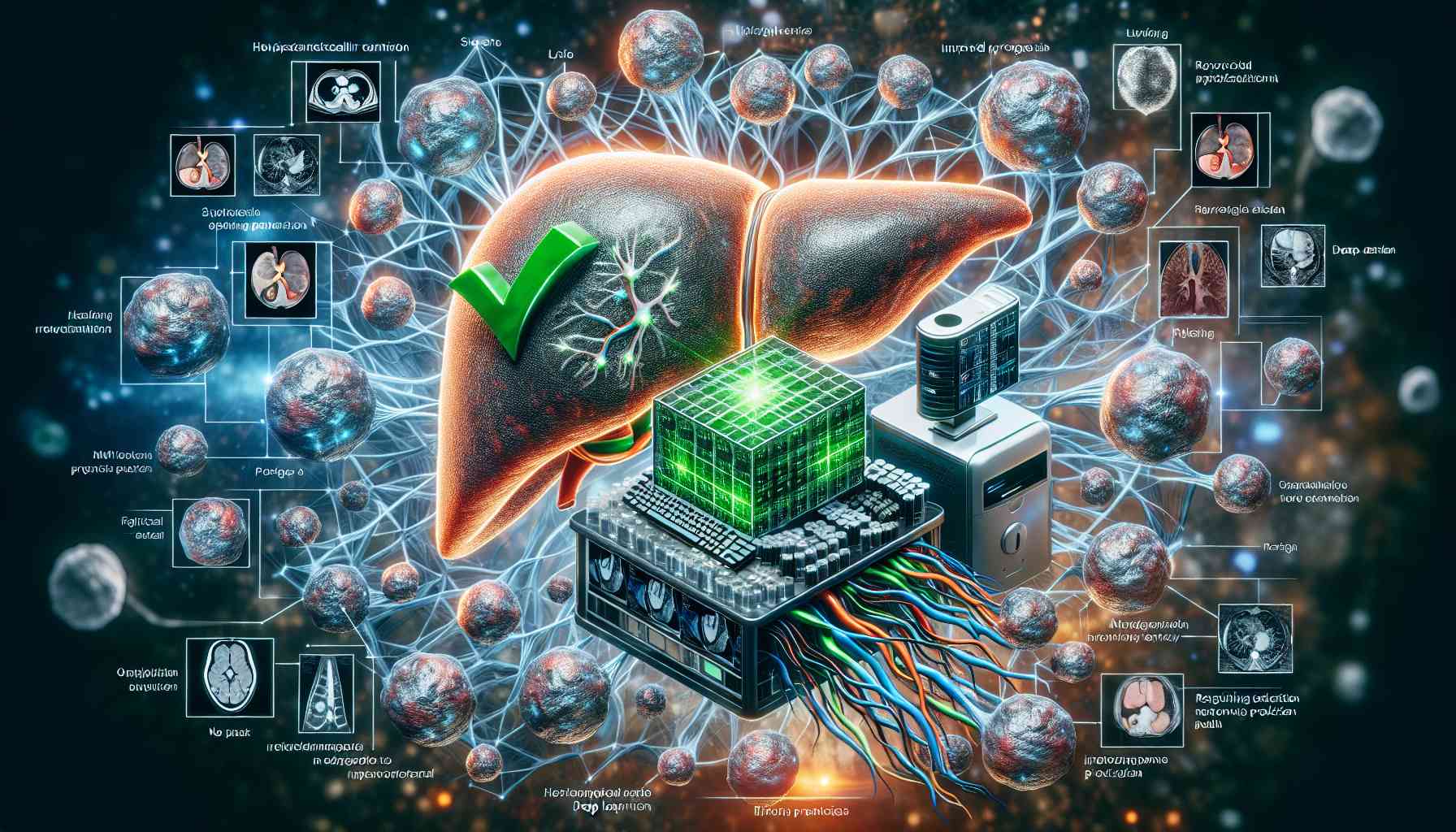Summary: Recent studies have shown the potential of deep learning algorithms in predicting overall survival (OS) in hepatocellular carcinoma (HCC) patients. These innovative approaches, combined with radiomics, aim to address the challenges of clinical heterogeneity. While deep learning models have shown promise, there are still obstacles to overcome before they can be fully integrated into clinical practice.
Deep learning algorithms have emerged as a game-changer in the prediction of OS for HCC patients. A comparative study published in Nature.com demonstrated the superiority of Convolutional Neural Network (CNN) algorithms over conventional radiomics approaches. The study, conducted on 114 HCC patients, found that deep learning algorithms had a higher prognostic potential in predicting OS.
Moreover, another study published in Springer developed a deep learning model based on MRI to predict vessels encapsulating tumor clusters (VETC) and patient prognosis. This non-invasive approach showed promise in accurately predicting VETC and providing valuable insights into patient prognosis prior to surgery.
To further enhance the prediction of overall survival, researchers have combined deep learning models with clinical data. By integrating these two sources of information, the precision in predicting the behavior of HCC following surgery can be significantly improved. This integrated approach, discussed in a study on ResearchGate, aims to provide clinicians with more accurate prognostic information for HCC patients.
In addition to deep learning models, the integration of quantitative whole slide image features with immune marker gene expression profiles has been shown to improve risk stratification and clinical outcome prediction. This study, published in PLOS Computational Biology, effectively stratified patients according to recurrence risk, shedding light on the underlying characteristics of different patient subgroups.
While deep learning models offer great potential in HCC prognosis prediction, there are still challenges in their implementation in clinical practice. Overcoming these difficulties, such as data standardization and model interpretability, is crucial to fully benefit from the predictive power of these models. With continued research and development, deep learning algorithms and radiomics have the potential to revolutionize the field of HCC prognosis prediction, allowing for more personalized treatment approaches.

